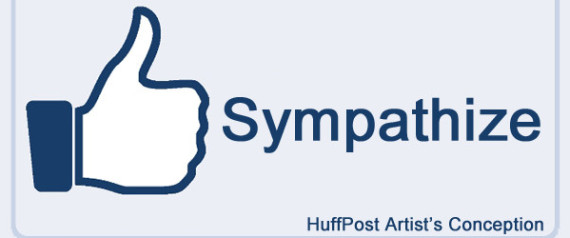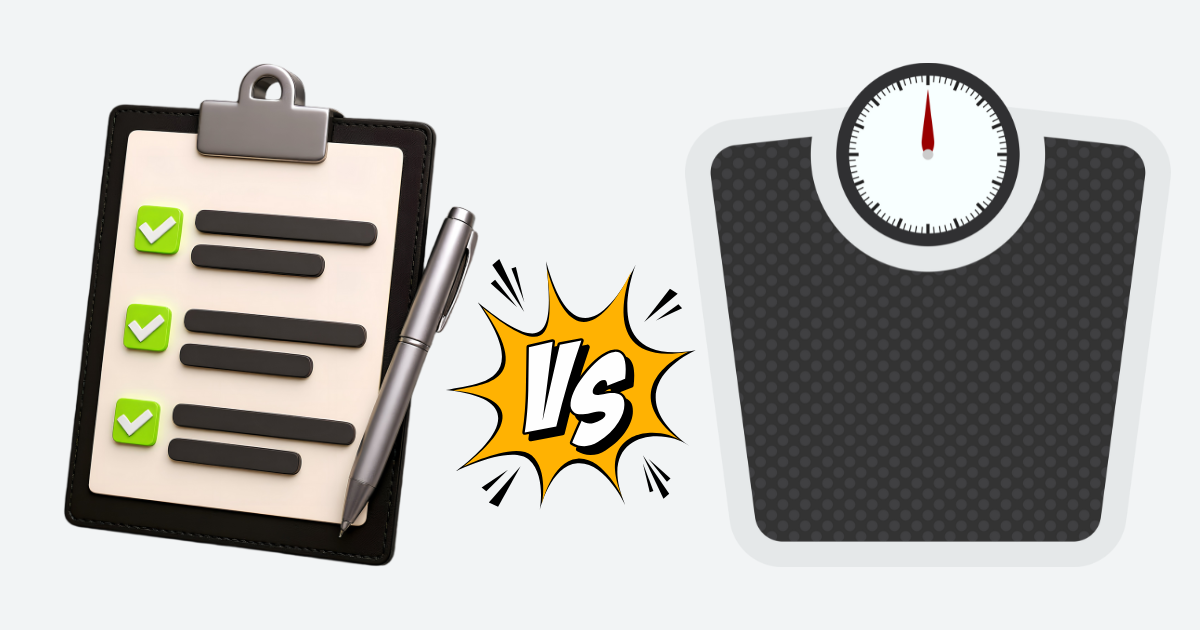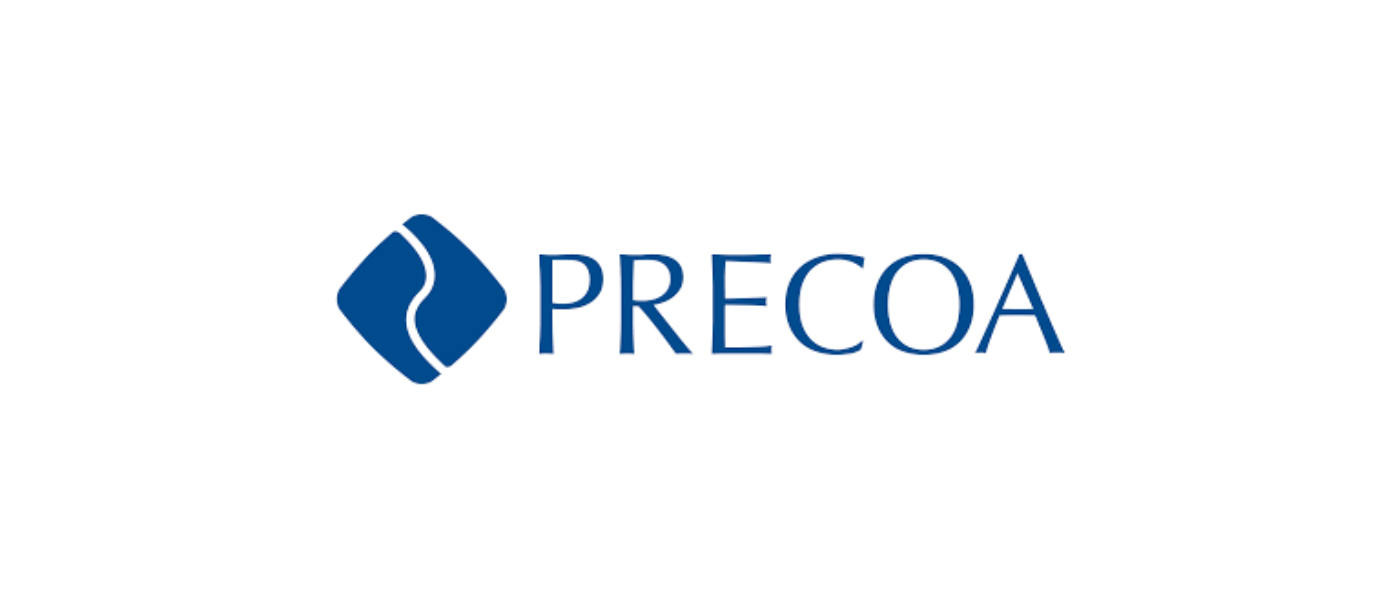Facebook Planning a ”Sympathize’ Button?
The long-coveted “dislike” button may never make its way Facebook. But a Facebook engineer said Thursday that the social network has informally experimented with an alternative to “like”: specifically, the “sympathize” button.
Facebook’s members have for years demanded a less cheery way to quickly respond to friends’ posts, pointing out that “liking” becomes awkward and inappropriate when someone posts about a breakup, a death or even just a bad day.
The social network evidently hears their complaints: During a Facebook hackathon held “a little while back,” an engineer devised a “sympathize” button that would accompany gloomier status updates, according to Dan Muriello, a different Facebook engineer who described the hackathon experiment at a company event Thursday. If someone selected a negative emotion like “sad” or “depressed” from Facebook’s fixed list of feelings, the “like” button would be relabeled “sympathize.”
Playing around with a “sympathize” button at a hackathon — a chance for staffers to brainstorm new ideas for site features — hardly guarantees it’ll pop up in feeds soon. The social network relies on its hackathons to explore out-of-the-box ideas, many of which never materialize.
Muriello said his colleague’s creation was well-received by fellow Facebookers, but isn’t making its way to the site. For now.
“It would be, ‘five people sympathize with this,’ instead of ‘five people ‘like’ this,'” said Muriello. “Which of course a lot of people were — and still are — very excited about. But we made a decision that it was not exactly the right time to launch that product. Yet.”
Muriello spoke during a presentation at Facebook’s Compassion Research Day, a day-long public event at which researchers from Facebook, Yale University and the University of California, Berkeley shared findings from studies on human behavior on Facebook.
A Facebook spokesman called the hackathons “the foundation for great innovation and thinking about how we can better serve people around the world.”
“Some of our best ideas come from hackathons, and the many ideas that don’t get pursued often help us think differently about how we can improve our service,” the spokesman wrote in a email to The Huffington Post.
Yet many of the site’s signature features, like Facebook Chat, the friend suggester and the Timeline profile pages, have indeed emerged from hackathons.
If you’re someone who loves the idea of “sympathizing” your way through the News Feed, here’s one reason to be hopeful: The “like” button itself was a hackathon invention.
Source: Huffington Post and AllFacebook.com




